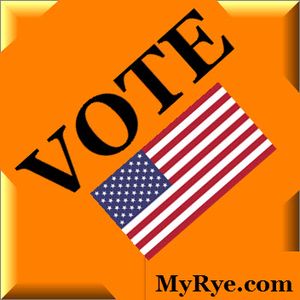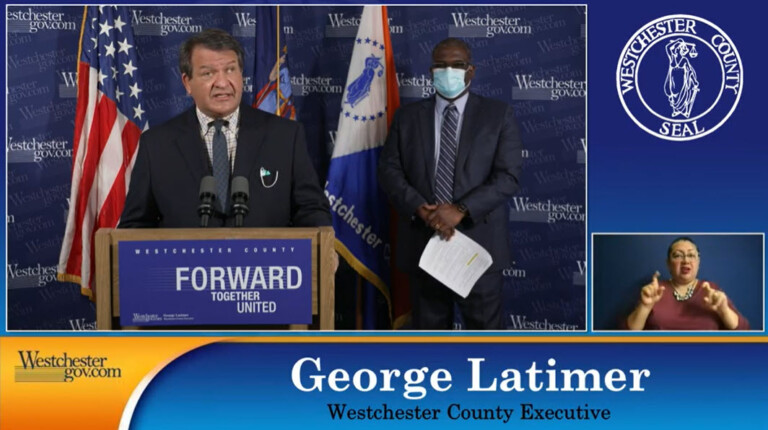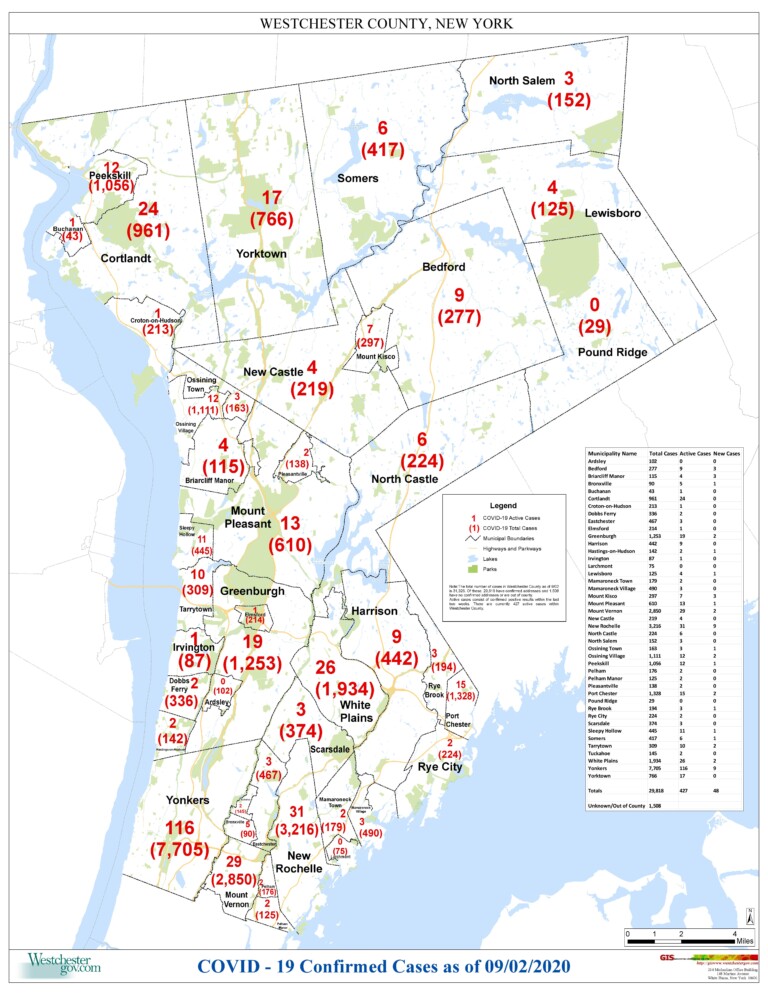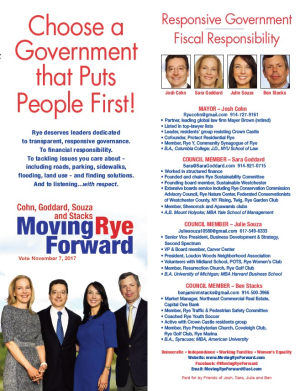Holding Court: Deference and the Chevron Doctrine

Holding Court is a series by retired Rye City Court Judge Joe Latwin. Latwin retired from the court in December 2022 after thirteen years of service to the City.
What topics do you want addressed by Judge Latwin? Tell us.
By Joe Latwin

The Supreme Court reinforced the underpinnings of our Constitutional form of government in a trio of cases this Term. I now discuss the second case of the trio.
Under the Chevron doctrine, courts were required to defer to “permissible” agency interpretations of the statutes those agencies administer—even when the reviewing court reads the statute differently.
This decision vindicated the Constitution scheme of divided government. The Constitution mandates that the Judicial power is vested in the courts; the Legislative power is vested in Congress; and the Executive power resides with the President. Neither of the branches can usurp the powers vested in the others. While Congress may create an administrative agency to administer the laws it enacts, and Executive branch agencies enforce those laws, it is the proper and peculiar province of the Judicial branch to interpret what the law is.
In administering the laws passed by Congress, administrative agencies often need to discern what the law Congress passed actually is. Many times, Congress will enact broad laws and direct an administrative agency to implement the law. These broad laws often are vague and leave plenty of room, specifically so the agency can develop the details to accomplish the broad goals for which the laws were passed. Once an agency interprets a law and it is later challenged in court, the court must determine whether Congress directly spoke to the precise question at issue – usually in the wording of the statute itself. If the congressional intent is clear, that is the end of the inquiry. Under the Chevron doctrine, if the court determines that the statute is silent or ambiguous with respect to the specific issue at hand, the court was required to defer to the agency’s interpretation if it “is based on a permissible construction of the statute – not what the law is, but what possibly could be the law. There was a good reason for this. The agency was, by virtue of its familiarity and expertise in the subject matter, to be given deference in its view of what the law is – hence Chevron deference.
As a result, administrative agencies were making the law, not Congress. Since the Chevron case in 1984 a growing number of scholar and judges have argued that Chevron deference violated Constitutional powers. The recent case reviewed the propriety of Chevron deference.
Before 1976, unregulated foreign vessels dominated fishing in the international waters off the U. S. coast. Recognizing overfishing and the need for sound management of fishery resources, Congress enacted the Magnuson-Stevens Fishery Conservation and Management Act (MSA). The National Marine Fisheries Service (NMFS) administers the MSA under a delegation from the Secretary of Commerce. The MSA requires that certain provisions—such as “a mechanism for specifying annual catch limits . . . at a level such that overfishing does not occur,” be included in management plans. A plan may also require that “one or more observers be carried on board” domestic vessels “for the purpose of collecting data necessary for the conservation and management of the fishery.” It authorized the Secretary to impose “sanctions” when “any payment required for observer services provided to or contracted by an owner or operator . . . has not been paid.” In 2013, it required fishermen to pay for observers if federal funding became unavailable. If NMFS determines that an observer is required, but declines to assign a Government-paid one, the vessel must contract with and pay for a Government-certified third-party observer. NMFS estimated that the cost of such an observer would be up to $710 per day, reducing annual returns to the vessel owner by up to 20 percent. A New England fisherman challenged the observer requirement and argued that the MSA does not authorize NMFS to mandate that they pay for observers.
The Supreme Court held that the courts can exercise their independent judgment in deciding whether an agency has acted within its statutory authority, and courts may not defer to an agency interpretation of the law simply because a statute is ambiguous. The Chevron doctrine was overruled and the interpretation of what the law is was returned to the courts.







Holding Court: Deference and the Chevron Doctrine explores judicial deference to agency interpretations of statutes, emphasizing its impact on administrative law and regulatory practices. This doctrine shapes how courts review agency decisions. baseball jacket la dodgersThis principle remains crucial in legal discourse.